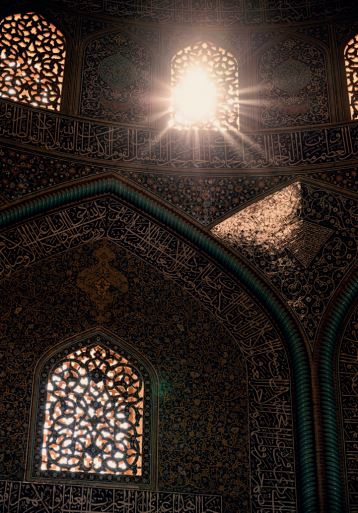Fazal Masood Malik & Farhan Khokhar, Canada

The practice of intermittent fasting has gained significant traction in recent years, with individuals from diverse backgrounds embracing this dietary approach. It involves strategically alternating between periods of eating and fasting, enabling individuals to reap a multitude of potential benefits.
Adherents of intermittent fasting often willingly abstain from certain food groups or caloric intake during designated fasting windows. This self-imposed dietary restriction is driven by a desire to achieve specific objectives, such as weight management, improved metabolic health, or enhanced overall well-being.
Interestingly, many practitioners report a sense of empowerment and control over their dietary habits, as they continuously deny themselves certain types of foods during their fasting periods. This discipline and commitment to the practice are often rewarded with a heightened sense of accomplishment and satisfaction upon achieving their desired outcomes.
Indeed, numerous individuals have reported achieving their health goals through the consistent practice of intermittent fasting.
The concept of fasting finds its roots in various spiritual and religious traditions. The holy Quran, the sacred text of Islam, states: “O ye who believe! Fasting is prescribed for you, as it was prescribed for those before you, so that you may become righteous.” (Surah al-Baqarah, Ch.2: V.184)
One of Ramadan’s clearest messages is the importance of empathy. By experiencing hunger and thirst during the fast, Muslims gain a first-hand understanding of the suffering of the poor. This realisation should spur action to fight poverty and hunger globally. A wider embrace of such empathy by people of all faiths could compel society to remedy the severe inequalities still plaguing our world. We all stand to benefit from a more equitable distribution of resources.
Patience is also honed by the discipline required to fast from sunrise to sunset. This patience, if practised more universally, could greatly aid conflict resolution worldwide. Rather than reacting hastily out of anger, exercising restraint and seeking to understand an adversary’s perspective can prevent disputes from escalating into violence. Patience helps replace a mindset of aggression with one of reconciliation. This is a virtue direly needed in our political discourse.
Most profoundly, Ramadan instils deep gratitude for life’s blessings. Countering our human tendencies of greed and envy with thankfulness for what we have can significantly improve social cohesion. This shift in perspective makes us more likely to share our time and resources to help others generously. A community that collaborates is one where people of all backgrounds can thrive.
One can envision a society where citizens of all faiths and backgrounds widely embrace and practice these timeless virtues. Such a society would likely experience less conflict, inequality, and suffering, as individuals cultivate a deeper sense of compassion, resilience, and appreciation for the blessings in their lives.
Thus, the holy month of Ramadan presents an opportunity for all individuals, irrespective of their religious affiliations, to reflect on how they can more deeply incorporate these universal lessons into their daily lives. While the specific practices of Ramadan, such as fasting and increased acts of charity, may be rooted in Islamic tradition, the virtues they nurture transcend any one religion and can serve as a source of personal growth and societal betterment for all.
For Muslims, however, the significance of Ramadan extends beyond cultivating these virtues. It is a time of spiritual renewal, and the observance of fasting and other religious obligations is believed to have profound implications for one’s well-being, both in this life and in the hereafter.
Fasting during Ramadan is not merely a physical exercise but a means of purifying the soul and atoning for past transgressions. It is believed that this temporary embrace of discomfort and sacrifice obliterates sins and shortcomings, rejuvenating the soul and preparing it for its ultimate abode in the afterlife. While intermittent fasting may benefit one’s physical appearance in this world, the act of fasting during Ramadan holds the added spiritual advantage of ensuring a favourable fate in the hereafter.
In this light, Ramadan presents a unique opportunity for willing personal sacrifice in pursuit of a greater outcome – a chance to willingly embrace temporary discomfort as a means of achieving spiritual renewal and drawing closer to Allah.

